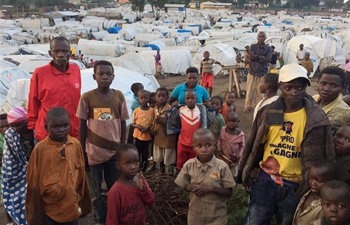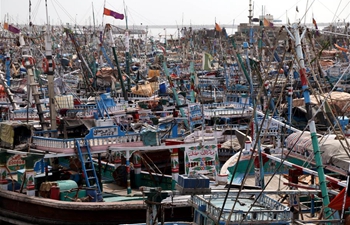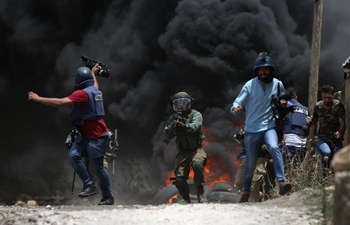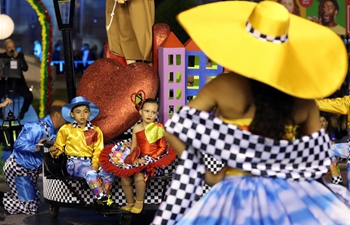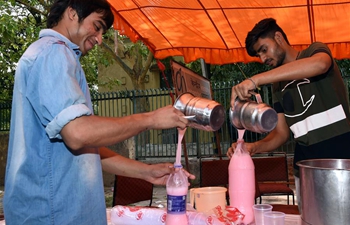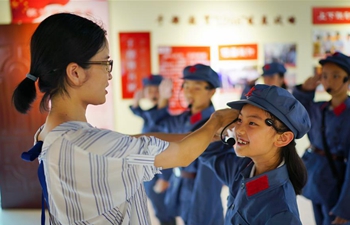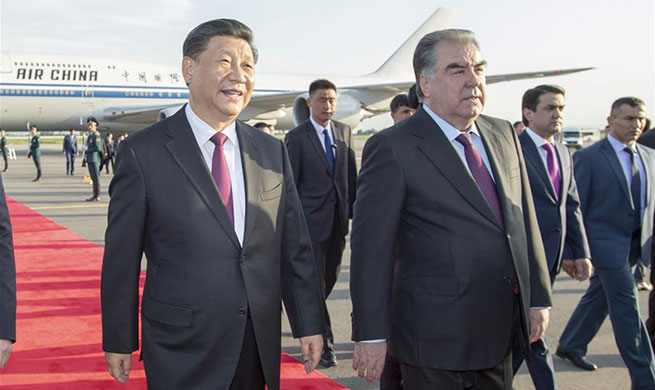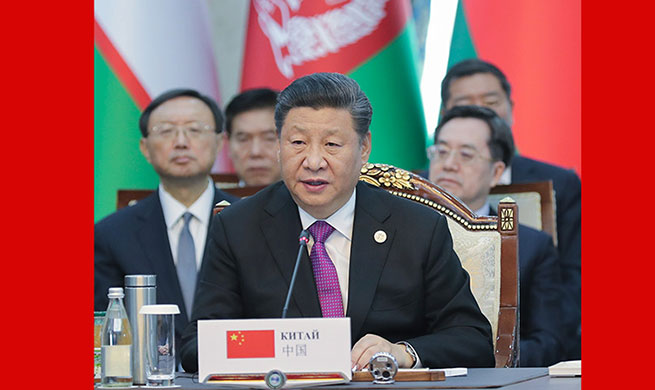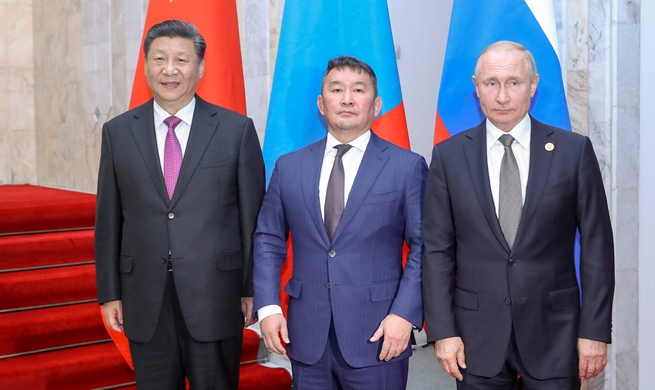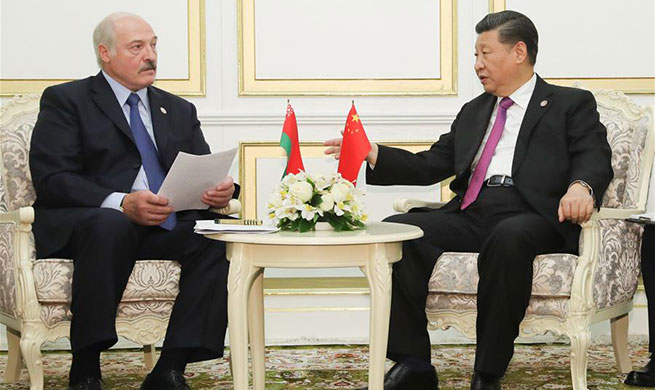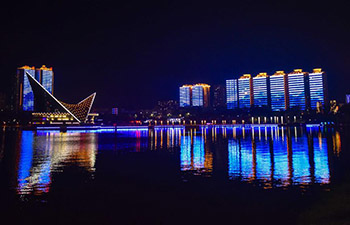by Raimundo Urrechaga
HAVANA, June 14 (Xinhua) --- Current U.S. policy towards Cuba, marked by outright hostility and a serious setback in bilateral ties, is controlled by the most conservative wing of President Donald Trump's government, academics said on Friday.
Experts from several U.S. universities and research centers agreed that figures like U.S. National Security Advisor John Bolton, Secretary of State Mike Pompeo and Republican Senator Marco Rubio, have negatively edged Trump back to the past.
"The perspective of this administration on Cuba responds to the views of neo-conservatives that Trump has in his government. They did not support Obama's opening and that's why they have done everything possible to reverse it," Gary Prevost, a political science professor at St. Benedict and St. John's University, told Xinhua.
Prevost participated until Friday with more than 60 academics from his country and Cuba in the University of Havana's Conference on U.S. studies where different issues were debated about Washington's foreign and domestic policies.
According to the university professor, the White House has used Cold War era tactics to roll back relations with Havana in open opposition to the opinion of its own citizens and major U.S. business conglomerates.
"Currently, large corporations in the U.S., sectors in both parties, the majority of the American press and a good part of Cuban-Americans support better ties between the two countries," he added.
In recent weeks, the White House has intensified sanctions and measures against the island country by paralyzing cruise ships and recreational vessels and canceling people-to-people educational and cultural trips.
Also, the United States recently activated Title III of the Helms-Burton Act against Cuba that allows U.S. citizens to establish lawsuits against Cuba on nationalized or expropriated properties after 1959.
The latest moves feed the hostility built up by the Trump administration since 2017 to intensify the commercial embargo against the Caribbean nation with increasing economic and financial sanctions leading to hardships on the island.
"If Trump is re-elected next year, U.S. policy will be the same as the current one, as neo-conservatives like Bolton and Pompeo will control it. It would be four more years of very difficult ties," said Prevost.
However, the expert added, if there is a change in the U.S. presidency after next year's election in November, there is a possible policy change that would return to the rapprochement initiated by former President Barack Obama.
"The 24 Democratic candidates have positions similar to Obama on Cuba and therefore there is the possibility of a change in this direction," he said.
Meanwhile, Michael Wolfe Traugott, a professor of international relations from the University of Michigan said the regression in links between Washington and Havana have much to do with domestic policy in the United States.
"The Trump administration takes this path with Cuba because it has a lot to do with domestic issues as it seeks to win a state like Florida in a future electoral campaign next year," he said.
Hardline Florida Republican Senators like Rubio and Rick Scott have endorsed Trump's re-election in exchange for tougher policies against Cuba and Venezuela.
Traugott told Xinhua that Bolton has been instrumental in influencing Trump to reinforce sanctions against Havana.
The academic said it's possible that an eventual victory by a Democratic Party candidate in 2020 could mean the return to the process of normalizing ties but Cuba won't be Washington's top foreign policy priority.
"There are some changes that a new president could make that would not require a lot of effort such as staffing back the U.S. embassy in Havana and removing some of the travel restrictions," he said.
These types of actions, he said, would not require negotiations or bilateral diplomatic dialogues but other areas that have been affected by the aggressiveness of the Trump administration will need more time.
The university professor added that, regarding economic or business cooperation in that scenario, diplomatic contacts between the two countries would have to be resumed, since links have been severely affected in the past two and a half years.
"We must re-establish trust between both countries and return to the path of normalizing relations," he said.
U.S.-Cuban relations have soured since Trump came to office, partially rolling back the detente initiated by Obama and reverting to Cold War rhetoric, while maintaining re-established diplomatic ties.




